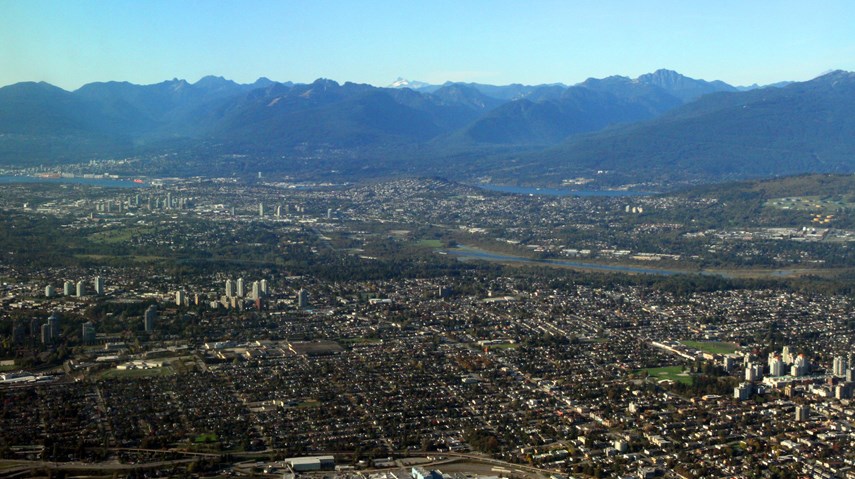The constrained geography of B.C. makes it unique in Canada, which generally prides itself on being a land of opportunity and new beginnings. By contrast, the West Coast welcomes everyone — just not too many of them.
This seems like one of the best explanations for the uneasy tension between Metro Vancouver’s pride in its livability and the continuing clampdown over the past year on new development, at least on the residential side.
Sure, the office and industrial sectors face their own constraints. The downtown peninsula is the epicentre of a boom of more than four million square feet of office space rising across the region, but Cushman & Wakefield expects overall vacancy rates to remain in favour of landlords even when all that space completes. The sharpening shortage of industrial space is handing owners and landlords high prices, too, pushing tenants ever farther out from the core.
But it’s housing that really sets the pace for how we talk when we talk about real estate.
While foreign involvement in residential transactions in Metro Vancouver has declined to less than two per cent as of October, both the province and city continue to press forward with taxes targeting foreign owners and speculators.
The City of Vancouver will raise its empty-homes tax to 1.25 per cent for 2020 and 1.75 per cent by 2022. To date, the city has collected $56.9 million from owners of vacant homes, for net proceeds of $39.7 million after implementation and operating costs of $17.2 million. The tax applied to just 1.4 per cent of residential properties in the 2017 tax year and one per cent in 2018.
The province reminded overseas owners December 10 that its speculation and vacancy tax would quadruple from the initial 0.5 per cent to the full two per cent in 2020. According to the province, the tax is projected to generate $115 million in its first full fiscal year from 0.2 per cent of property owners in B.C., or slightly less than 11,800 individuals.
Meanwhile, at the end of November, Vancouver council directed city staff to investigate the use of zoning to depress land values in the hope of making land “cheaper to buy for non-market housing.” Coupled with a lack of approvals in the District of North Vancouver and the rejection of a 35-storey tower in Delta that would have provided 66 special-needs units and 70 affordable housing units in partnership with BC Housing, residential property is a fraught class.
Housing starts
Of course, there are always counterpoints to the prevailing trend.
Canada Mortgage and Housing Corp. (CMHC) expects housing starts in B.C. to end 2019 slightly higher than last year, which saw 40,900 starts. By the end of November, the province had seen 39,831 starts. The increases are expected to continue through 2020, with as many as 44,700 starts forecast.
The outlook for Metro Vancouver is in line with the more dour attitude of local councils, however. While starts in the first 11 months of 2019 totalled 25,863 units, 10.5 per cent above the 23,404 units started in 2018, CMHC forecasts no more than 24,800 units in 2020.
And then there’s the question of residential construction within the province’s hallowed Agricultural Land Reserve. Regulation changes in February 2019 stymied efforts among small-lot landowners to build secondary residences to support their activities, eventually prompting the government to grandfather secondary residences for family members with municipal approval and application (as for all second residences) to the Agricultural Land Commission (ALC).
Recently, the province’s agriculture minister — who oversees the ALC — signalled that all landowners within the ALR might be allowed secondary residences without application to the ALC when the grandfathering period ends in February 2020. The catch is that landowners would have to register the residences with the land commission and the residences would have to support permitted activities.
While the details are still being worked out, it’s a change many critics of the changes to regulations governing the land reserve under Bill 52 have applauded. Many said the restrictions didn’t make sense, especially in rural areas where reasonable affordable housing can be even scarcer than in cities.
Whatever the year ahead brings, it’s a sign that change is indeed possible.



